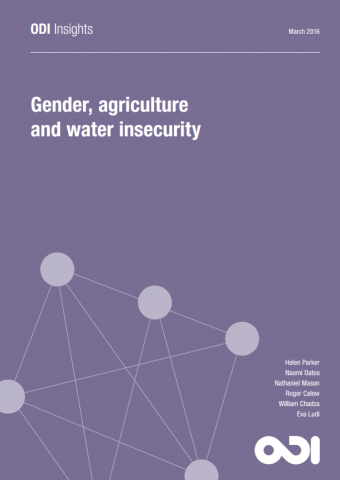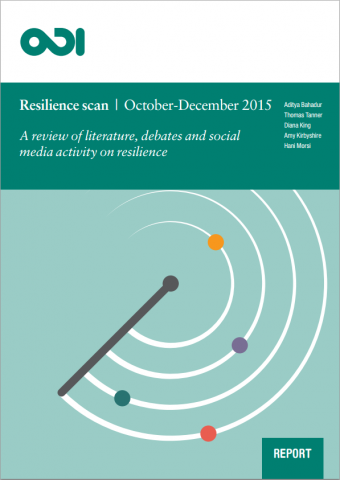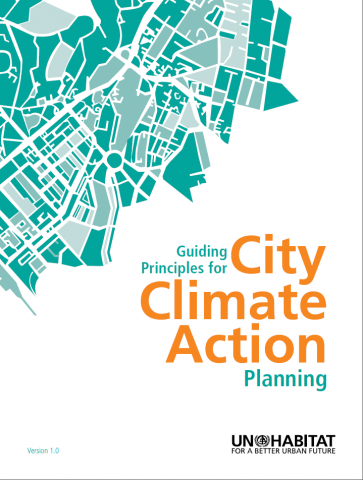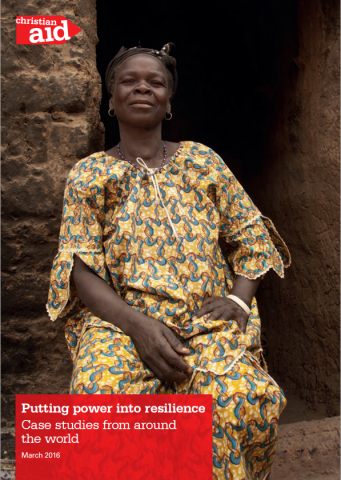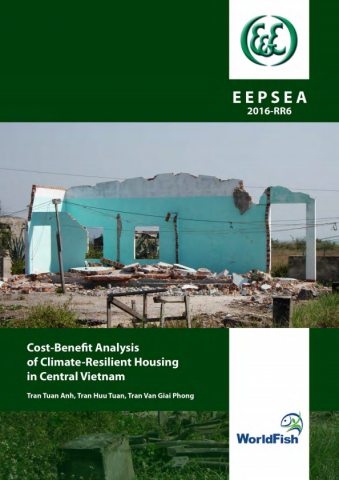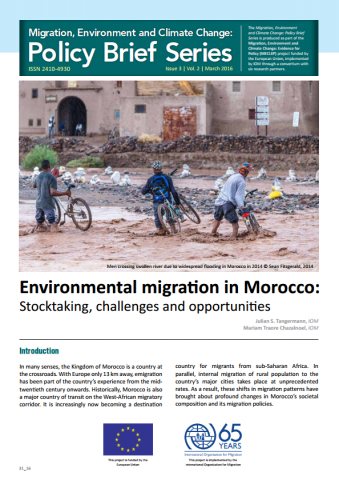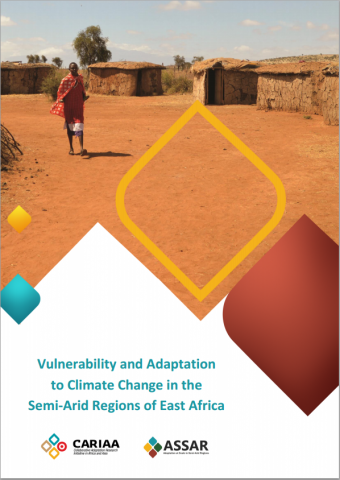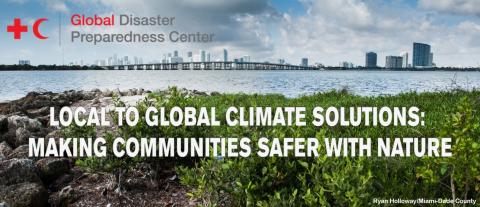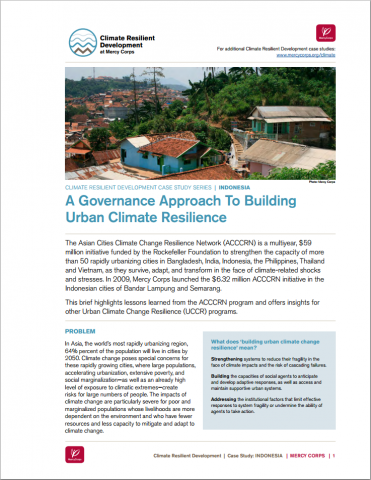Gender, Agriculture and Water Insecurity
This paper explains how and why improved water management on the farm matters for women and girls, and what can be done to better support opportunities for them, as well as for men and boys, in the face of climate change. It consolidates existing academic and policy research around climate resilience, water security, and gender, […]
Gender, Agriculture and Water Insecurity Read More »

